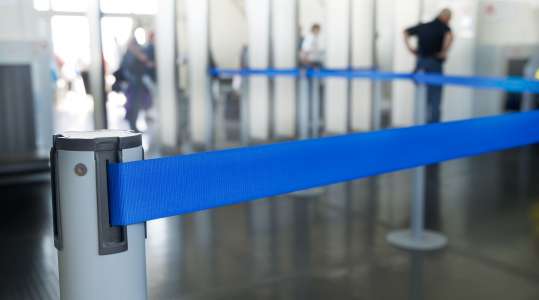
Event Risk Management
January 24, 2018
The social and ethical dimensions of Responsible Event Management must be an integral part of planning and delivering of a successful event!
Most companies’ focus is on today’s most prominent safety and security issues, such as natural disasters, terrorism, and kidnapping, while the threats that are far more frequent, such as car accidents and medical emergencies are sidestepped. Even the best companies with well-established programs of safety and security could have some gaps.
Travellers’ well-being and duty of care are not only linked to emergencies and possible medical incidents, but are also directly impacted by their stress level caused by delays, lost baggage, consistently high workload, and in some cases just simply being away from family and friends.
Our goal with this article is to raise awareness of your employees’ perspective around duty of care and also provide you with eight key components of Event Risk Management:
1. Establish an Event Risk Management Program
Provide a balanced approach through all divisions within your organization including but not limited to travel, human resources, legal, and procurement.
2. Develop an Event Risk Management Strategy.
Have a dedicated and have fully-mapped Event Risk Management Strategy.
3. Go Beyond Environmental Concerns
Tailor your Event Risk Management Programs to your organization’s specific needs.
4. Be Fully Prepared to Mitigate Risks
Build your capabilities to mitigate risks for traveling employees.
5. Inform and Educate Employees
Make sure your Event Travel Policy doesn’t omit safety and security altogether. Provide employees with educational programs and the necessary documents of vaccinations requirements, as well as consider the potential health effects of taking long-haul flights.
6. Make Sure Your Programs Work
Test your company’s Crisis Management Plan regularly.
7. Recognize the Risks Travelling Employees Might Face
Travel places your employees in unfamiliar and perhaps disadvantageous environments, where they may not be aware of the local health risks and medical facilities nor able to speak the local language.
8. Be Aware of the Risks Your Company Might Face
If any of your travellers come to harm, there might be serious consequences both legally and financially. A recent survey of U.S. and U.K. travellers revealed that travellers have a lack of preparation and poor perception of their employers’ travel safety program. Of the surveyed employees:
80% think their company has a legal obligation to ensure their safety while travelling for business.
50% do not carry emergency contact information.
40% work for firms with no clear travel safety policies.
Event Risk Management involves a cooperative effort from employers and employees alike in terms of assigning responsibilities, determining risk types, assessing risk exposure, mitigating and managing risks, developing a communication plan, and setting up a risk audit.
Let our UNIGLOBE Meeting and Events architects help you to establish a sound and effective Event Risk Management Strategy that is designed for your specific needs and eliminates the risks for your employees and organization.
